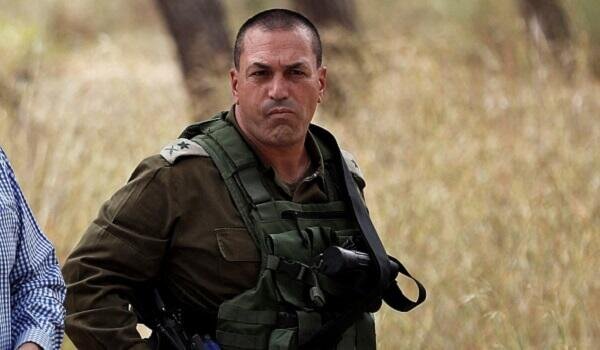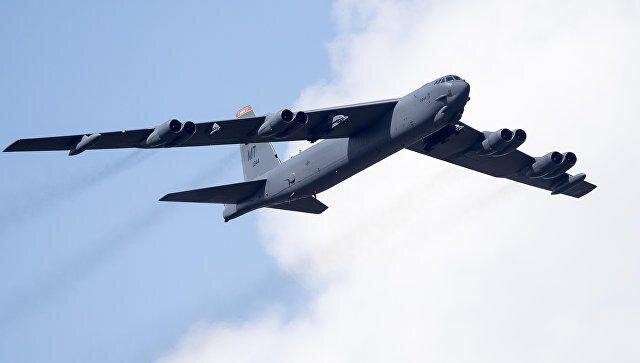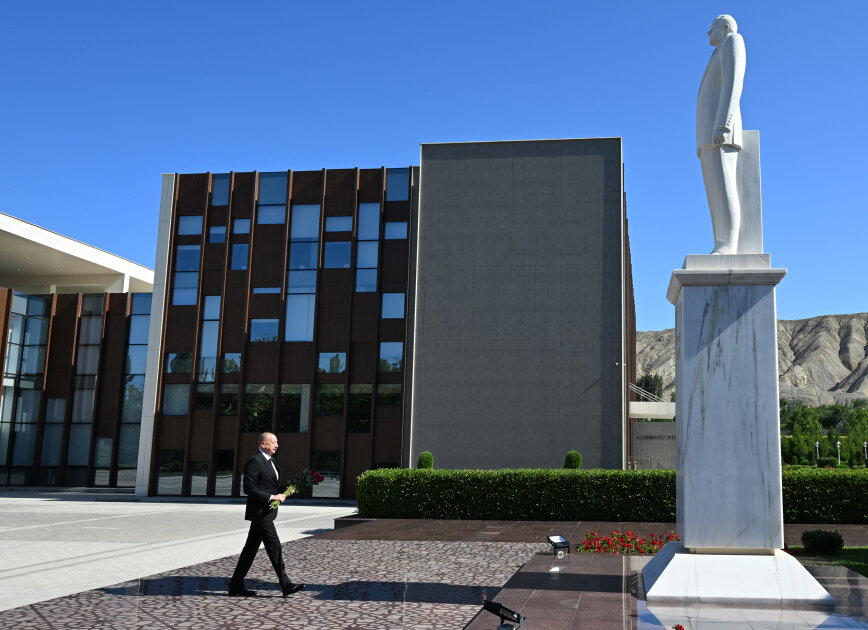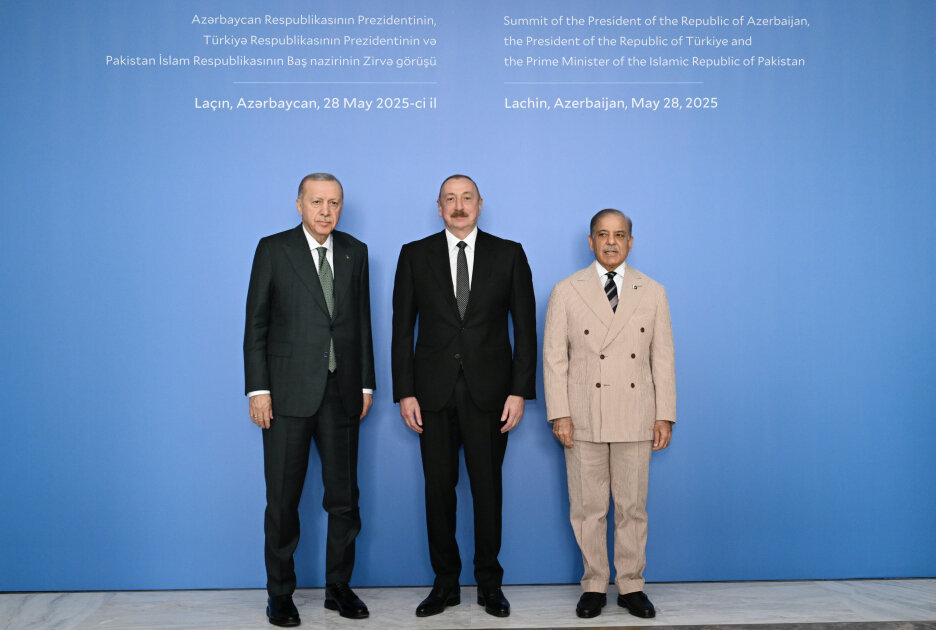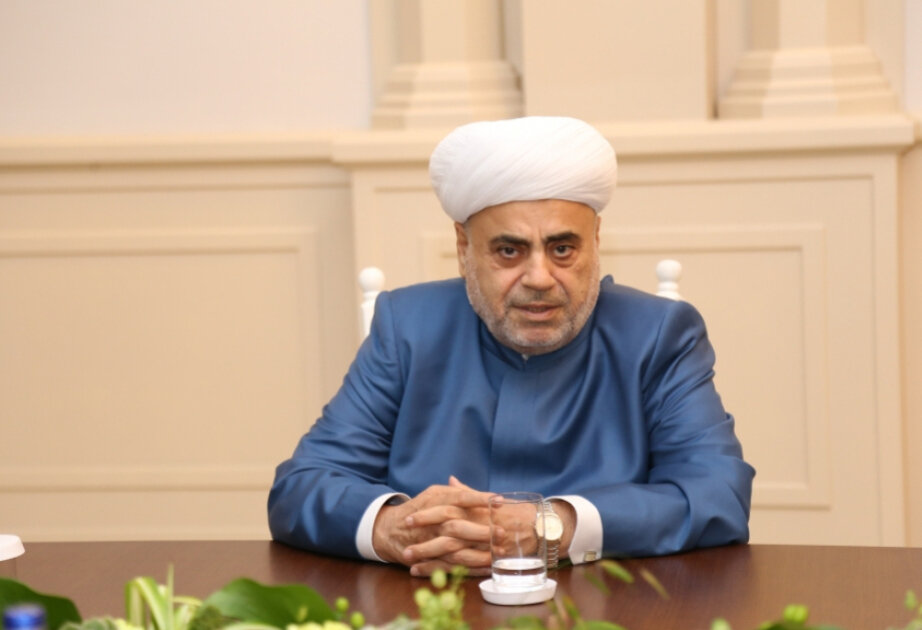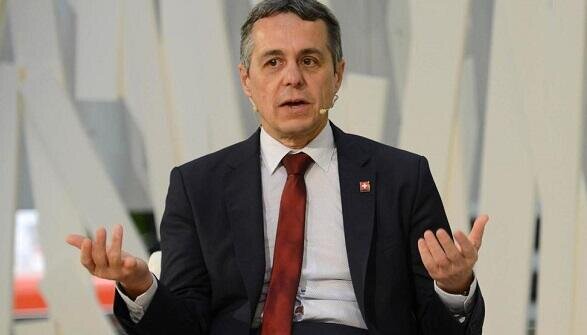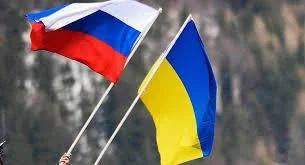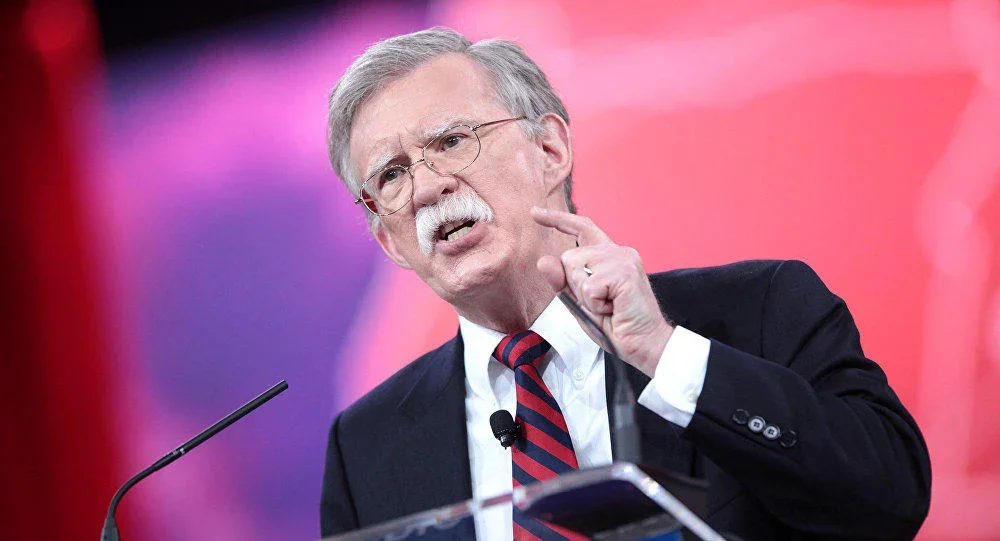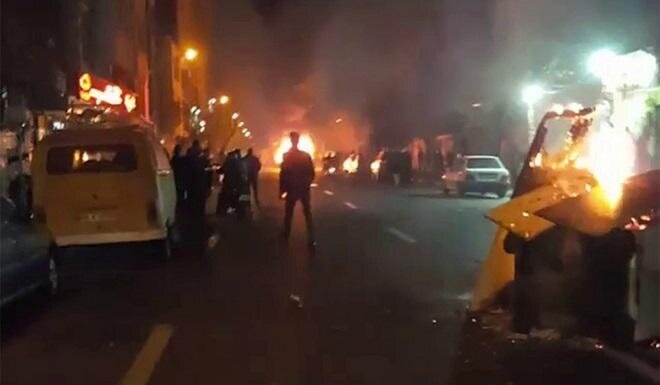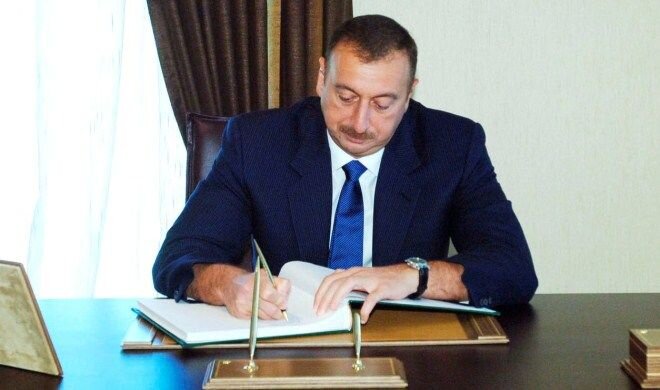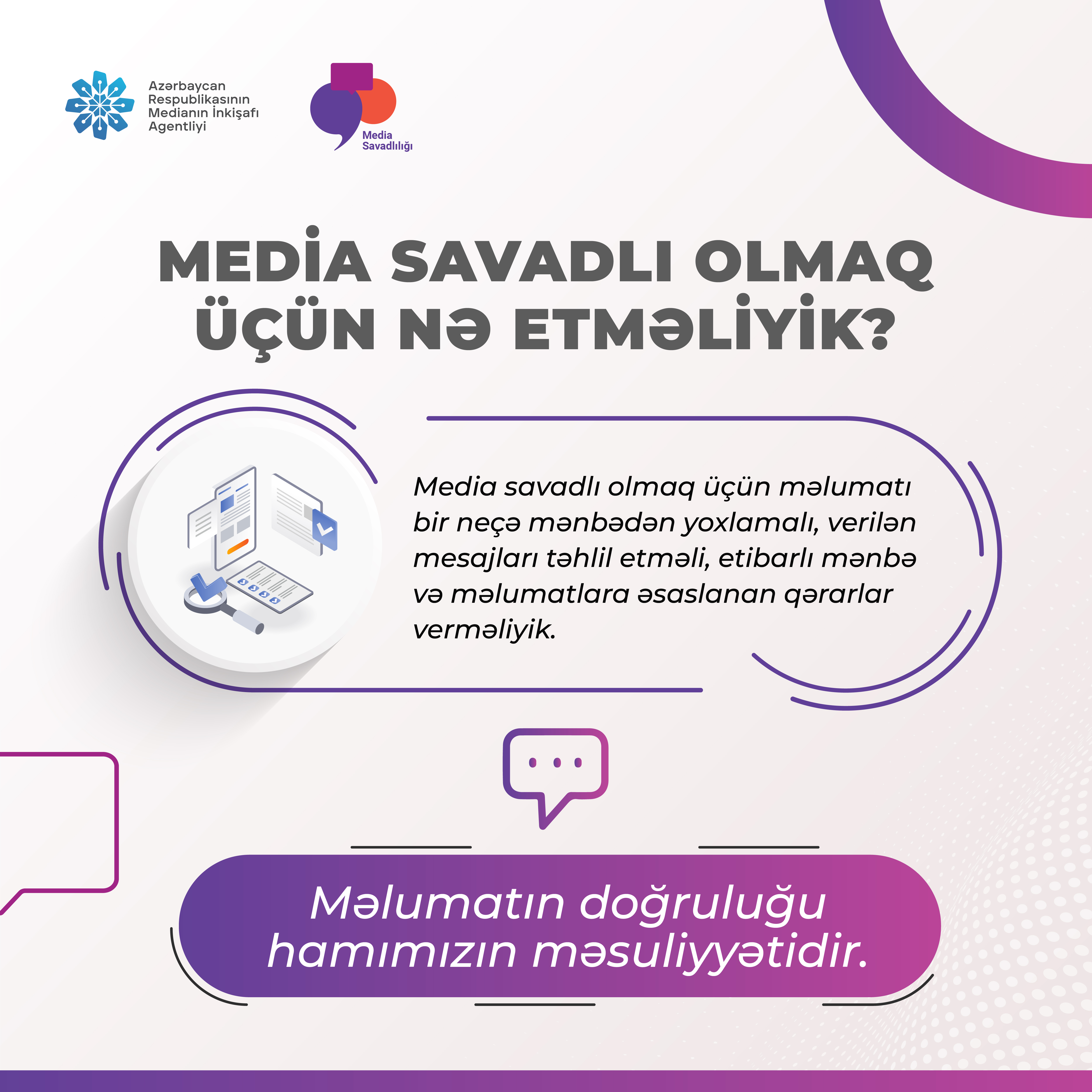Yekaterinburg raids on Azerbaijanis spark international concern
 Raids targeting Azerbaijani families in Yekaterinburg, Russia, amid rising anti-Muslim and anti-migrant rhetoric and recent actions by Russian officials, have raised alarm in the international community. Recent operations against Azerbaijani families in Yekaterinburg have sparked widespread concern across various societal groups. Social media reports indicate that violence was used against some families, resulting in several deaths and detentions. Although official institutions have not commented on the details, these incidents highlight the ongoing pressure faced by non-Russian citizens in Russia, where attitudes toward migrants are increasingly hardening, Rustam Taghizade, a political analyst at the Jewish Media Center told 1news.media
Raids targeting Azerbaijani families in Yekaterinburg, Russia, amid rising anti-Muslim and anti-migrant rhetoric and recent actions by Russian officials, have raised alarm in the international community. Recent operations against Azerbaijani families in Yekaterinburg have sparked widespread concern across various societal groups. Social media reports indicate that violence was used against some families, resulting in several deaths and detentions. Although official institutions have not commented on the details, these incidents highlight the ongoing pressure faced by non-Russian citizens in Russia, where attitudes toward migrants are increasingly hardening, Rustam Taghizade, a political analyst at the Jewish Media Center told 1news.media
Taghizade noted that, based on recent reports, there has been a rise in cases of migrants from Central Asia and the South Caucasus being recruited for the war zone in Ukraine: “According to human rights organizations, in many instances, migrants are detained on false charges and offered the ‘alternative’ of enlisting in the military. This operates as a form of ‘substitute justice system’: either go to the front or face punishment. Statements by Alexander Bastrykin, head of the Russian Investigative Committee, on the recruitment of migrants into the army confirm the systematic nature of this process. Analysts suggest this approach not only addresses a shortage of human resources but also serves a strategy to redirect social tensions toward national minorities.”
According to the analyst, the Yekaterinburg incidents have drawn attention to recent tensions in Russia-Azerbaijan relations: “The refusal to allow an Azerbaijani deputy invited to an international event in Astrakhan to enter Russia is seen as a violation of protocol norms. While Azerbaijan has protested this incident, Russia has yet to provide an official response. Additionally, the lack of accountability for an incident involving an Azerbaijani civilian aircraft, with Russia refusing to take responsibility, is another concerning issue. This incident is regarded as a gross violation of international aviation law.”
Taghizade also highlighted the growing anti-Azerbaijani and anti-Muslim rhetoric in Russian media, particularly from state-aligned figures like Vladimir Solovyov, whose statements are noted for promoting ethnic and religious division. Some experts suggest this rhetoric is state-sponsored and tied to geopolitical messaging in the region. Furthermore, cyberattacks targeting Azerbaijan, noted by the relevant committee of Azerbaijan’s National Assembly, indicate that these pressures extend beyond media. Azerbaijani officials are raising the issue internationally, calling for measures to ensure information security.
Amid domestic tensions in Russia, the resurgence of revanchist forces in Armenia’s political arena, including former leaders Kocharyan and Sargsyan, is seen as a potential obstacle to peace efforts in the South Caucasus, leaving the future of regional stability and peace initiatives uncertain.
Taghizade emphasized that Azerbaijan, guided by international law and principles of justice, continues its consistent efforts to maintain regional stability and prevent new conflicts: “The new political and informational landscape in the region poses significant challenges to these efforts. Azerbaijan remains committed to its foreign policy of fostering friendly relations with neighboring states. Recent developments, in fact, contradict Russia’s own national interests. Russia recognizes that Azerbaijan is a partner and friend in the South Caucasus. Without Azerbaijan, a security platform in the region cannot be established. Azerbaijan has created new realities in the region, which are now acknowledged by states worldwide.”


